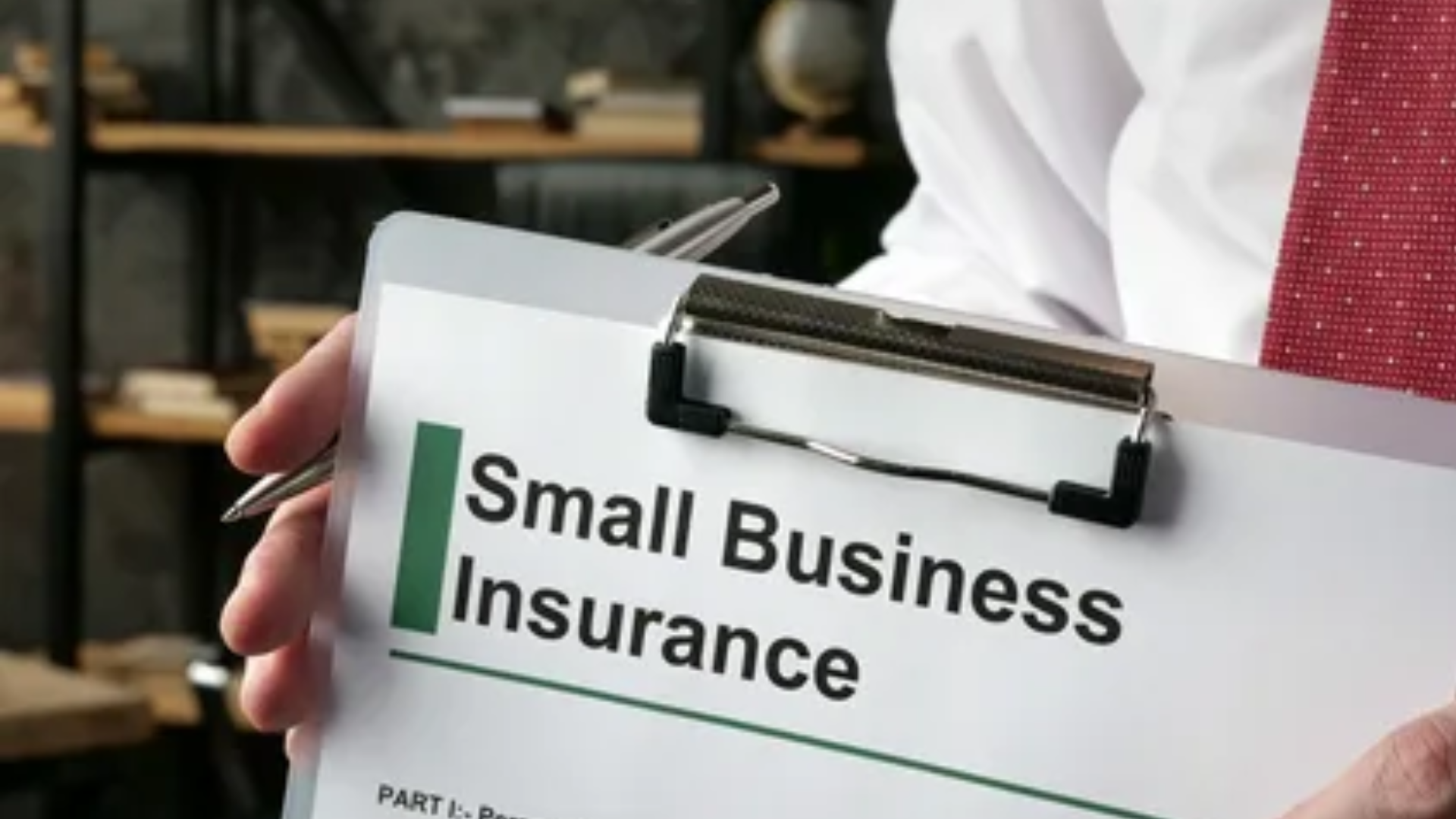Running a small business comes with its share of risks and rewards. While you focus on growing your brand and delighting customers, it’s essential to protect your hard work against the unexpected. That’s where business insurance comes in. Let’s break it down simply so you understand what coverage you need to keep your small business thriving.
Why Do Small Businesses Need Insurance?
Imagine your business as a sturdy ship setting sail in unpredictable waters. Business insurance acts like the lifeboats, safety gear, and emergency supplies you need to survive any rough waves that come your way. It protects you from financial losses due to accidents, lawsuits, property damage, or other issues that could sink your ship without warning.
Small businesses are especially vulnerable because they often don’t have the financial cushion to bounce back after a significant setback. Insurance helps keep your business afloat, providing peace of mind and allowing you to focus on what really matters—growing and serving your customers.
Key Types of Business Insurance Coverage
There’s no one-size-fits-all solution for business insurance. Different businesses need different types of coverage depending on the industry, size, and the risks involved. Below are some essential types of insurance every small business should consider:
1. General Liability Insurance
General liability insurance is like a protective bubble for your business. It covers you in case of third-party claims of bodily injury, property damage, or even personal injury like libel or slander. If someone slips and falls in your shop or you accidentally damage a client’s property, general liability insurance is there to protect you from paying out of pocket.
2. Property Insurance
If your business has a physical location—whether it’s an office, store, or warehouse—property insurance is a must. It helps cover the cost of damage to your building and its contents due to events like fire, theft, or vandalism. Think of it as home insurance, but for your business.
3. Business Interruption Insurance
Sometimes, it’s not just about the damage to your property but also the impact on your ability to operate. Business interruption insurance compensates you for lost income if your business has to temporarily shut down due to a covered event, like a natural disaster. It’s your safety net for paying bills and keeping things running while you’re out of commission.
4. Professional Liability Insurance
Also known as Errors and Omissions (E&O) insurance, professional liability insurance is crucial for service providers. It covers you if a client claims that your advice, service, or expertise caused them harm or financial loss. If you’re a consultant, designer, or any professional who provides services, this coverage can save you from costly lawsuits.
5. Workers’ Compensation Insurance
If you have employees, workers’ compensation insurance is often a legal requirement. It covers medical expenses and lost wages for employees who get injured or fall ill as a result of their job. Beyond being a legal necessity, it’s a way of showing you care about your employees’ well-being.
6. Commercial Auto Insurance
If your business involves the use of vehicles—whether for deliveries, transporting goods, or making service calls—you’ll need commercial auto insurance. This coverage is specifically designed for vehicles used for business purposes and provides protection in case of accidents, theft, or damage.
How to Choose the Right Business Insurance
Choosing the right insurance can feel overwhelming, especially with all the options available. Here are some practical steps to help you make an informed decision:
- Assess Your Risks: Take a close look at your business operations and identify potential risks. Do you have a physical location? Do you serve clients directly? Does your work involve providing advice? Understanding your risks helps determine which coverage is necessary.
- Consult an Insurance Agent: An experienced insurance agent can guide you through the process and help you find policies tailored to your specific needs. Don’t hesitate to ask questions—it’s their job to help you understand your options.
- Compare Quotes: Don’t settle for the first policy you find. Comparing quotes from different insurers can help you find the best coverage at a reasonable price.
- Understand the Terms: Be sure to read the fine print and understand what’s covered and what’s excluded. You don’t want surprises when you need to make a claim.
Common Myths About Business Insurance
Myth 1: Home-Based Businesses Don’t Need Insurance
Just because you run your business from home doesn’t mean you’re off the hook. A home-based business still faces risks, and your homeowner’s policy likely won’t cover business-related claims. You’ll need specific coverage for your business assets and operations.
Myth 2: Small Businesses Don’t Need Workers’ Compensation
Even if you only have one or two employees, workers’ compensation insurance is often legally required. It’s better to be safe than sorry, especially if an unexpected injury occurs on the job.
Myth 3: General Liability Covers Everything
General liability insurance is a great start, but it doesn’t cover everything. For example, it won’t protect you if a client sues you for bad advice—that’s where professional liability comes in. Make sure you understand the limits of each policy.
FAQs About Business Insurance
1. What Happens If I Don’t Have Business Insurance?
Without business insurance, you could face significant financial losses if something goes wrong. Whether it’s a lawsuit, property damage, or an employee injury, you’ll be responsible for all the costs. For many small businesses, these costs can be catastrophic.
2. How Much Does Business Insurance Cost?
The cost of business insurance varies depending on the type of coverage, your industry, location, and the size of your business. Generally, small businesses can expect to pay between $500 and $3,000 annually for various policies. It’s best to get quotes from multiple insurers for an accurate estimate.
3. Do I Need All Types of Business Insurance?
Not necessarily. The types of insurance you need depend on your specific business activities and risks. Some businesses may need only general liability and property insurance, while others might need professional liability, workers’ compensation, and more.
4. Can I Bundle Different Policies?
Yes! Many insurers offer business owners’ policies (BOPs), which bundle different types of coverage, such as general liability, property insurance, and business interruption insurance. Bundling can often save you money while providing broad protection.
5. How Do I File a Business Insurance Claim?
If an incident occurs, contact your insurance provider as soon as possible. They will guide you through the claims process, which usually involves providing details about what happened, any relevant documentation, and sometimes an investigation. Be honest and thorough to ensure a smooth claims process.

Conclusion
Business insurance might not be the most glamorous part of running a company, but it’s an essential safety net that can make the difference between surviving a crisis and going under. By understanding your risks and getting the right coverage, you’re not just protecting your business—you’re giving it the opportunity to grow with confidence. So, take the time to assess your needs, get the right policies in place, and set sail knowing you’re ready for whatever comes your way.



